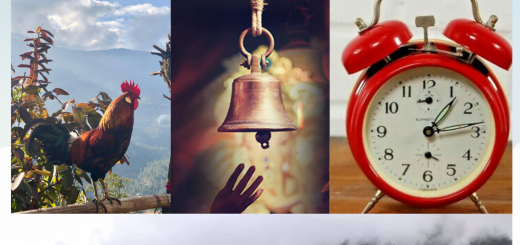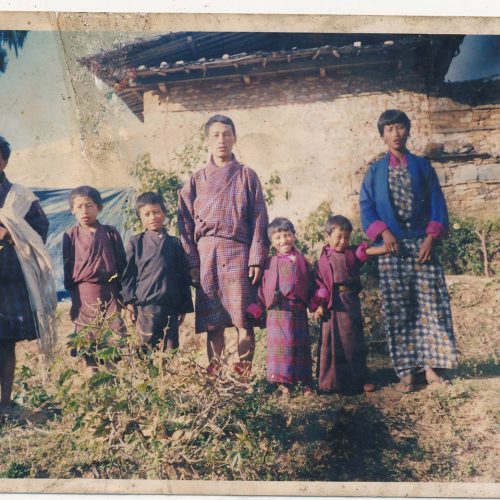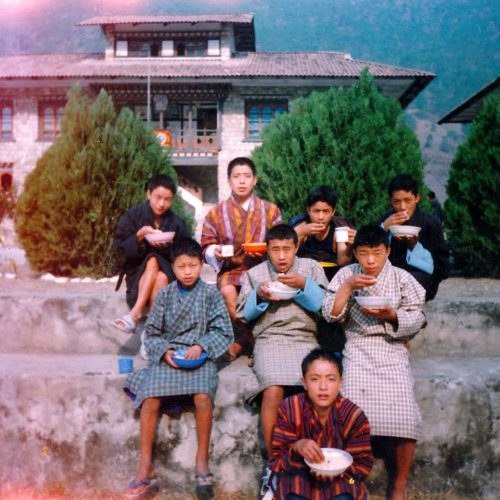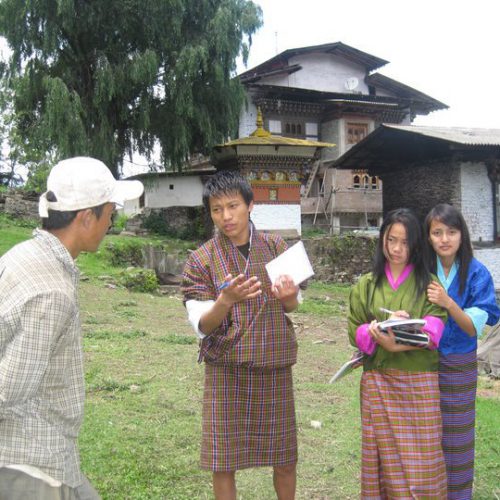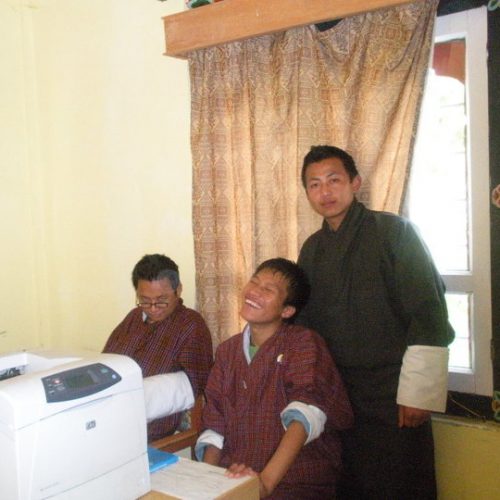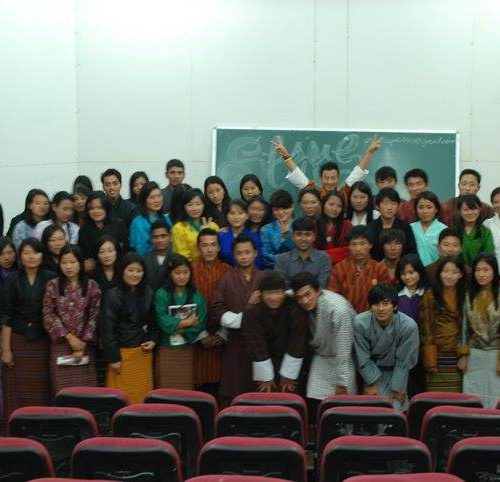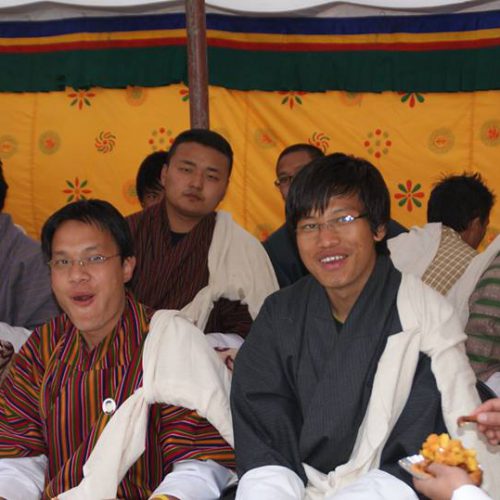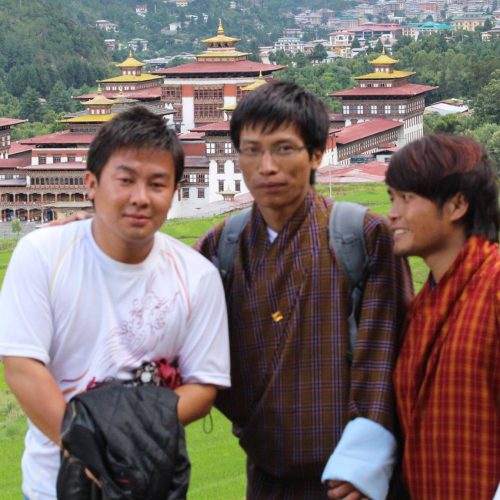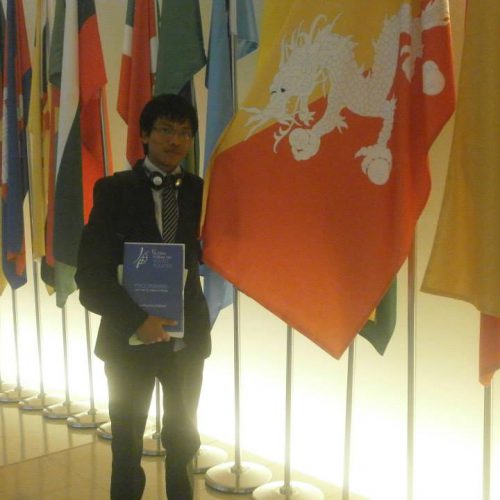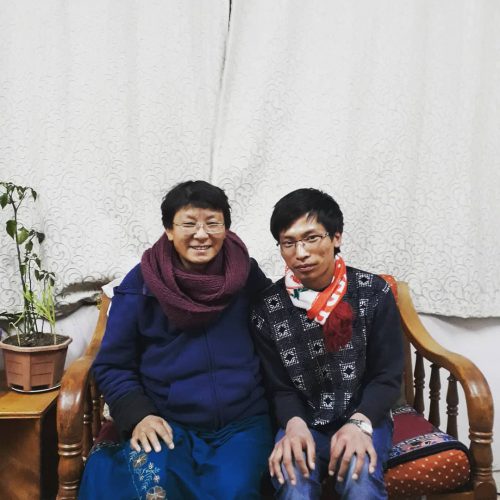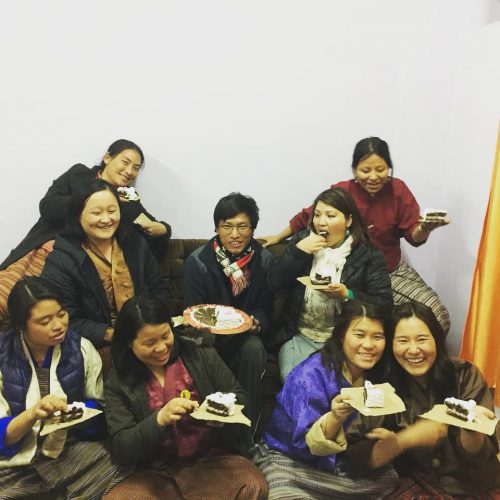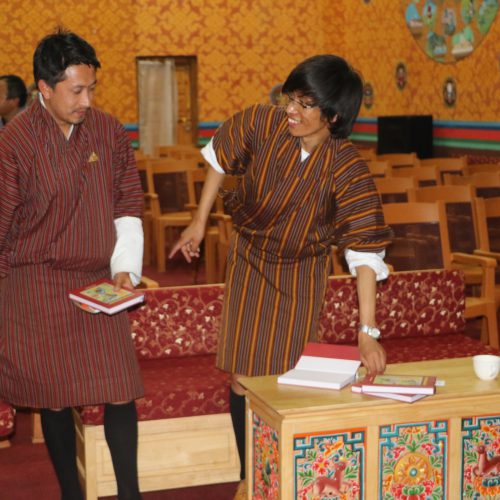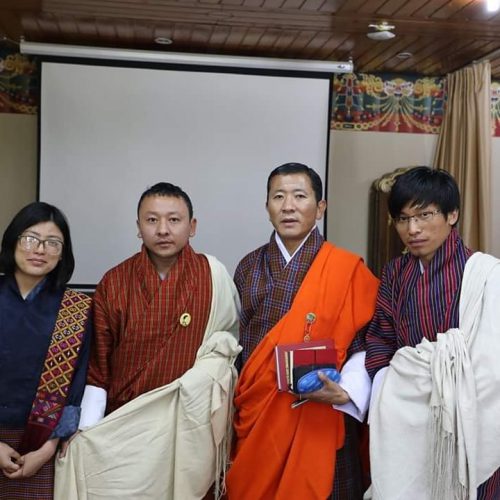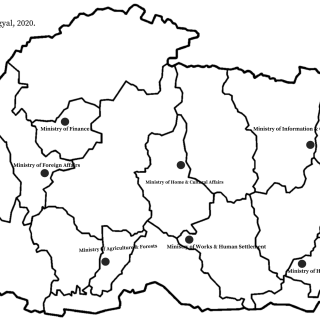‘Politics’ – What does it mean, really?
With ‘cut-off point’ drawing national attention again, the use of the word ‘politics’ has gained traction.
However, the accompanying arguments, including among the members of parliament accusing the other party (not always a political party) of ‘political reasons’ lends it a pejorative association. And the indiscriminate use of the term/ phrase by mainstream media and the educated lot does not help either. Such perception and projection of certain public policy positions vis-a-vis ‘politics’ impact understanding of politics negatively.
Etymologically, the word ‘politics’ is derived from the Ancient Greek πολιτικά (politiká), which means, ‘affairs of the cities’. By this meaning, adjudging certain policy positions that are apparently influenced by certain vested interests as ‘politics’ is rather short-sighted, and perhaps a misnomer. ‘Partisan politics’ or ‘Machiavellian politics’ or something equivalent to it can be an appropriate label, if there is one. I have no hard feelings about Machiavelli though…
By rendering ‘politics’ a pejorative label, which is the trend generally, and very strong in a nascent and fledgling democracy such as ours, it is not helping much to make the general populace interested about politics, politics understood as affairs of cities, by that extension, ‘affairs of Bhutan.’
Why should people, the general population, be interested in politics? Here is an example. In Bhutan, fertility is one very recurrent topic in public spaces and plan documents. On deeper analysis, the discourse and discussion concerns what one does not only at your home but also inside your blanket or any other relevant places. An aspect of it is, the discussion pertains to your decision to use contraceptives or not in that very intimate and private moment. That is politics simplified! It concerns every aspect of our lives. Where do we do the line between public and private?
My premise of politics in the Greek etymology may render it a western concept, and by that extension, the same may be applied in the case of democracy. Such positioning of the word and system drawn therefrom may not find resonance among what is ‘portrayed’ as ‘apolitical mass’ (Bhutanese where the constitution enshrines Buddhism as the spiritual heritage of the country).
Yes, the Historical Buddha left the palace and denounced the worldly affairs. The Buddha left and denounced, he did not dismantle and destroy the palace. In that, for the Historical Buddha, politics simply played a deflationary role. Enlightenment is the primary and the ultimate goal of life among Buddhists. Perhaps, I would like to interpret Buddha’s founding of Sangha as an acknowledgement that certain polity, a structure and a system is inevitable. And our constitutional provision, “Religious institutions and personalities shall remain above politics” is a reflection of the path pursued by the Historical Buddha. The constitutional provision pertaining to religious affairs does not deny the inevitability of politics. Politics is a fact of life and humanity, and a very neutral word so to speak if we are to investigate its etymological roots.
In light of the arguments I have put forward, perhaps, an informed use of words and phrases may allow us to be more open and receptive about the things we talk about within the spheres of ‘politics’.
PS: A friend of mine reminds me quite often that I do not have moral authority to talk or comment on matters related to fertility. I rest my case here.

